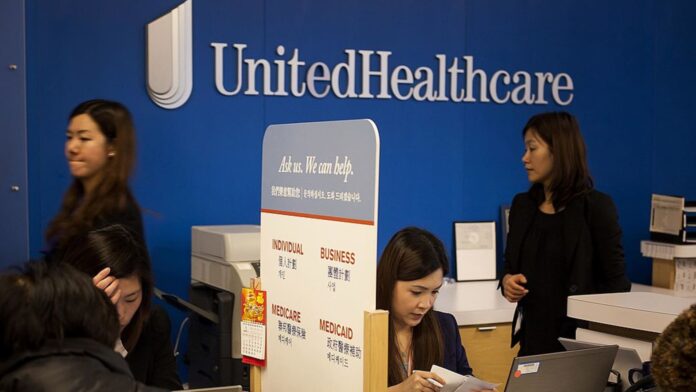The Clarkston Founders Institutional Fund has always tried to avoid volatility. In a year defined by instability, that strategy is paying off – and the fund’s even outperforming without any help from energy. By the numbers, Clarkston’s strategy is working. The Founder’s Fund has lost about 2.8% in 2022, notably outperforming other mid-cap value funds, which are down an average 7.2%, and a Morningstar benchmark index, which is lower by 5.6%, all through Dec. 9. The S & P 500 is almost 18% lower this year. In the almost six years since its founding, Clarkston has focused on “long-term capital appreciation while minimizing volatility and risk,” according to publicly available documents. Clarkston doesn’t speak to the press and declined comment to CNBC. As a result, the $610-million fund has a below average beta — a measurement of volatility relative to the broad market — of 0.85, according to Morningstar, versus 1.08 for all mid-cap value funds. The fund ranks in the 15th percentile of all mid-cap value funds in 2022, and is in the 23rd percentile over the past five years. Clarkston’s investment policy emphasizes what it calls “quality value” stocks, regarded as high quality and considered undervalued relative to their long-term cash flows. “Clarkston Capital’s approach is to agnostically apply a Quality Value mandate across all environments,” Jeffery and Jerry Hakala, co-chief investing officers at Clarkston Capital, wrote in the group’s annual report in September . The brothers added, “Individually, Quality and Value tenets are powerful, but when combined, they have the potential to create a whole greater than the parts.” The group’s funds are run out of offices in the northern suburbs of metropolitan Detroit. The fund launched in early 2017 and carries an expense ratio of 0.95%. The minimum investment is $10,000. The portfolio is concentrated, with the top 10 holdings making up 57.5% of the total as of Sept. 30. The biggest holding then was Change Healthcare, at 8.5%, which was bought by UnitedHealth in October. Change Healthcare was one of the Hakala brothers’ top performers in the wake of an early 2021 agreement to be acquired by UnitedHealth at $25.75 per share, according to the the annual report. As part of the deal’s closing, Change also paid a $2-a-share special dividend in late September. Clarivate and Molson Coors rounded out the top three biggest holdings at the end of the third quarter, at 6.6% and 5.8%, respectively. While Molson Coors is ahead about 11% in 2022, Clarivate has collapsed more than 63%. Clarkston said Clarivate, originally the intellectual property and science business of Thomson Reuters , suffered from the strong dollar “and softer demand for transactional data sales and consulting.” Clarkston stands out from other successful funds in 2022, many of which have benefited from soaring energy stocks. The S & P 500 Energy Index is higher by 51% this year, but the Hakalas have none. Instead, the fund is most heavily weighted in financials and consumer staples, which together account for nearly half of its exposure. Financials are down about 11% this year while staples are lower by less than 2%. Cash was almost 13% of the portfolio at the end of September. In the third quarter, the fund received $54.87 a share in cash for its position in CDK Global after it was bought by Brookfield Business Partners. The fund traded in and out of Sotera Health Company in the third quarter after what it called an “unfavorable litigation outcome.” Going forward, the fund said in its third-quarter commentary it will continue hunting for quality value names – and looking for smart plays in a beaten down market. “While we are more than happy with our investments and have confidence in their long-term performance, we never relish any period of relative underperformance, no matter how short,” management said in its note to clients on Sept. 30. “We are, however, ever vigilant during such periods in order to capitalize upon any attractive opportunities that may arise.”
© heardonwallstreet.com


